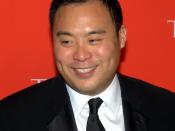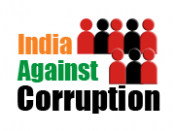Corruption
Corruption can be defined as the misuse of public power for private or personal profit. Corruption can be by people many different ways. One cannot assume that corruption always means the same thing or has the same impact on society (Goldstein). There are two very different types of corruption. The first type occurs where services or contracts are provided "according to rule." The second is when transactions are "against the rule." In the first type, a public official is receiving private gain illegally for doing something that he or she is ordinarily required to do by law. In the second type, the bribe is paid to obtain services that the official is prohibited from providing. Another way that corruption can be defined is the behavior involved on the part of officials in the public sector in which they improperly and unlawfully, enrich themselves, by the use of public power that was entrusted to them (Ades).
These are not the only way to look at corruption. Public opinion is also a large influence on the attitudes of the people in the community. They can surpass many different legal definitions of police corruption. If public opinion and legal definitions do not conform, the likelihood is that officials will act in accordance with the public view, and in doing so, violate the law (Goldstien). As a result of this, the public should be completely aware of the damage corruption can cause to society. As more and more corruption is made public, the more the public will come to distrust those elected to represent
them.
One such case of corruption involves New Jersey Sen. Robert Torricelli. His supporter and fund-raiser friend, David Chang says "that he had provided the senator with gifts and cash in return for Torricelli's help with business disputes"...


